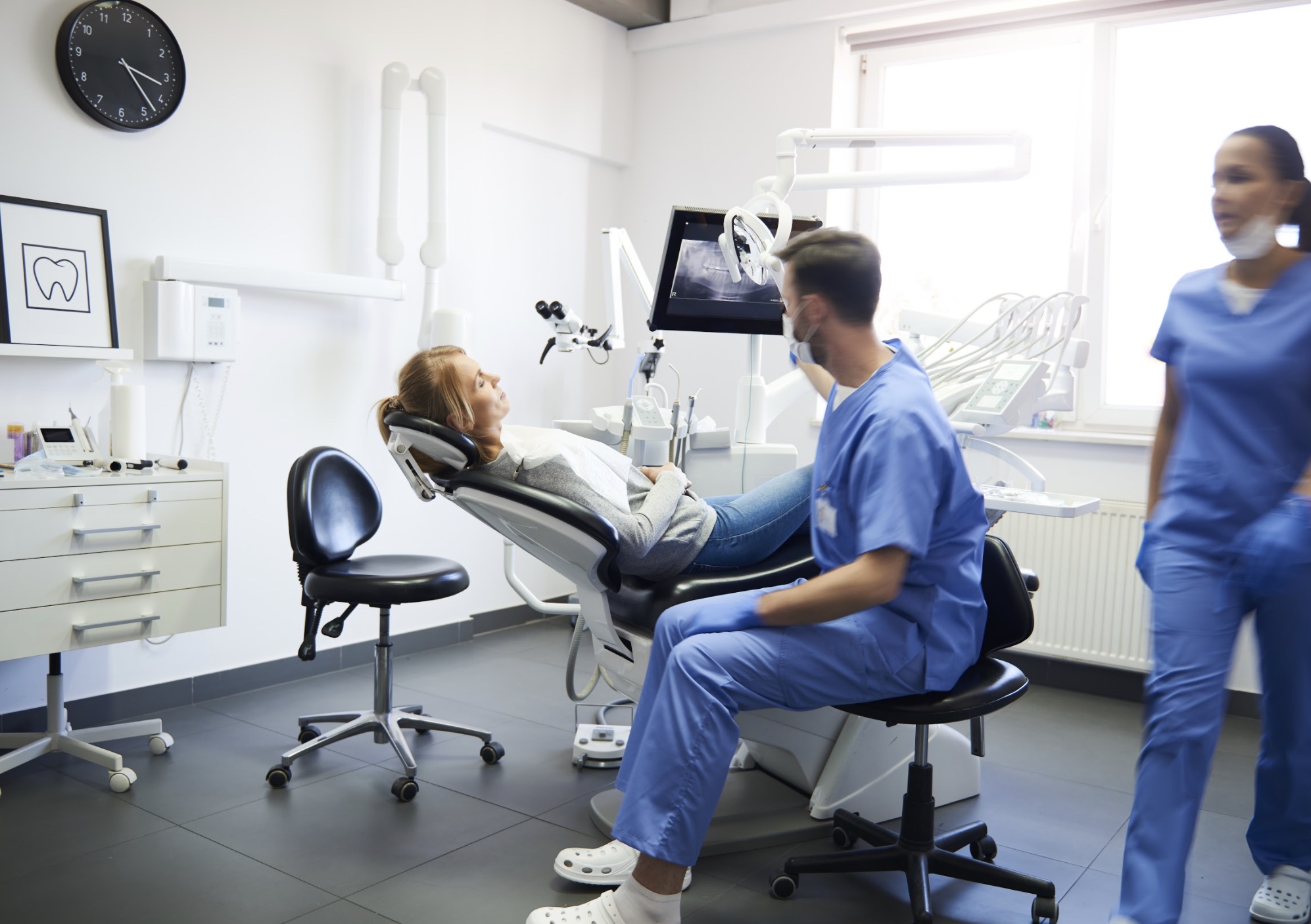Taking good care of your teeth is a big part of good oral hygiene. Your mouth is supposed to act as a filter, getting rid of anything harmful that could potentially harm your body. Dentists are very knowledgeable about oral health, and they’re very good at knowing what types of things could damage your mouth and cause you problems in the long run. For this reason, they’re your best source of information regarding what you should be doing to care for your teeth and overall dental health.

If you’re experiencing any kind of pain or discomfort in your teeth or mouth, you should immediately consult your dentist to see if you might have a dental emergency. While there are different types of dental emergencies and various conditions that could cause pain in the mouth or teeth, these are the most common: bleeding gums, toothache, and an abscessed tooth. But other dental issues can be considered emergencies because of their underlying causes. If you’ve recently experienced any of these symptoms, you’ll want to read on to learn more about what to do next.
Chapter Overview
What Are Dental Emergencies?
A dental emergency is any situation where you have bleeding gums, extreme pain in the jaw, swelling in your face, or any other kind of severe dental problem that prevents you from eating, drinking, and speaking properly. To better understand what constitutes an emergency dental problem, we’re going to focus on the more common causes of dental emergencies and how they affect people’s daily lives.
Toothache
One of the reasons people visit an emergency dentist is because they have a toothache. A toothache is one of the most common dental emergencies because an infection usually causes it in the tooth’s nerve. When an infection travels down this nerve, it can easily send signals to your brain resulting in pain. Toothaches can be excruciating and can even make it challenging to eat or smile.
The most common cause of toothache is tooth decay, a cavity, or periodontal infection. If you’re experiencing a persistent toothache, you should visit your dentist to see if it’s something you should be worried about.
Bleeding Gums
Gums bleed for several reasons, from old age to gum disease. Other causes of bleeding gums include gum irritation, sensitive gums, and swollen gums. Overly sensitive gum tissue is very susceptible to bacteria and dental decay, leading to an abscess. It’s also possible to have bleeding gums after a dental procedure, such as root canal and crown. If you have persistent bleeding gums, then you should see an emergency dentist right away.
Pain in the Jaw
If you’re experiencing jaw pain or discomfort along the jaw, a dentist should check it immediately to rule out the underlying cause, such as temporomandibular joint problems. When there’s a problem with the jaw, a large amount of pressure gets shifted onto the teeth, and this causes significant pain. There is swelling, which makes it difficult to open the mouth properly, and there can also be severe pain in the jaw joints. Your dentist can make a proper diagnosis based on physical examination, x-rays, or CT scans.
Oral Infections
Oral infections occur when bacteria from your mouth infect the surrounding soft tissue and enter your throat or esophagus. This can often happen during the night while you’re sleeping. If left untreated, an oral infection can cause your teeth to hurt, or your gums become inflamed or even abscessed. If you suspect that you might have an oral infection, see your dentist immediately for a diagnosis to ensure that you prevent the condition from worsening.
Bad Breath
While having bad breath may not seem like a dental emergency, a persistent foul odor may point to serious oral health problems. Sometimes when there’s a problem with your teeth and gums, the smell associated with them is a sign that you have a dental emergency to look into. For example, having bad breath may be due to cavities in your teeth, mouth sores, a worsening gum disease, or other oral infections. If your breath smells bad even after you brush your teeth and gargle with mouthwash, see your dentist right away for an assessment of the problem.
Takeaway
Those mentioned earlier are just some issues that you might experience if you have a dental emergency at home. If you experience any of these symptoms for longer than a day or two, then you should see your dentist right away for a proper diagnosis. Remember, there are many different types of dental problems and other ways to diagnose them. Your dentist can give you an accurate diagnosis of what is wrong with you so it can be treated appropriately. With the proper treatment, many dental emergencies can be resolved and avoid other health complications.

